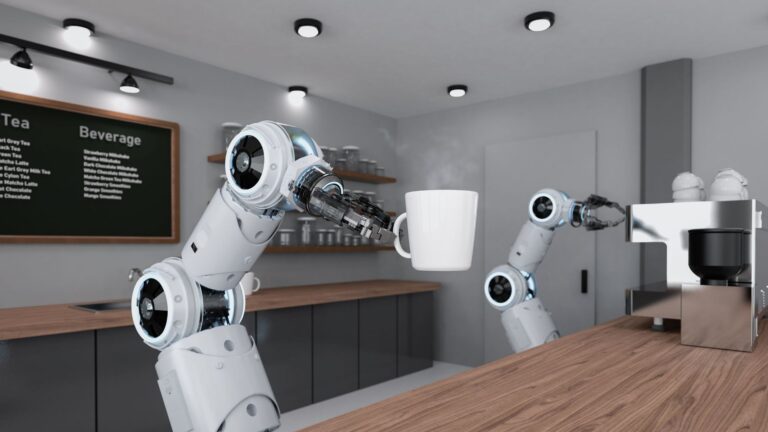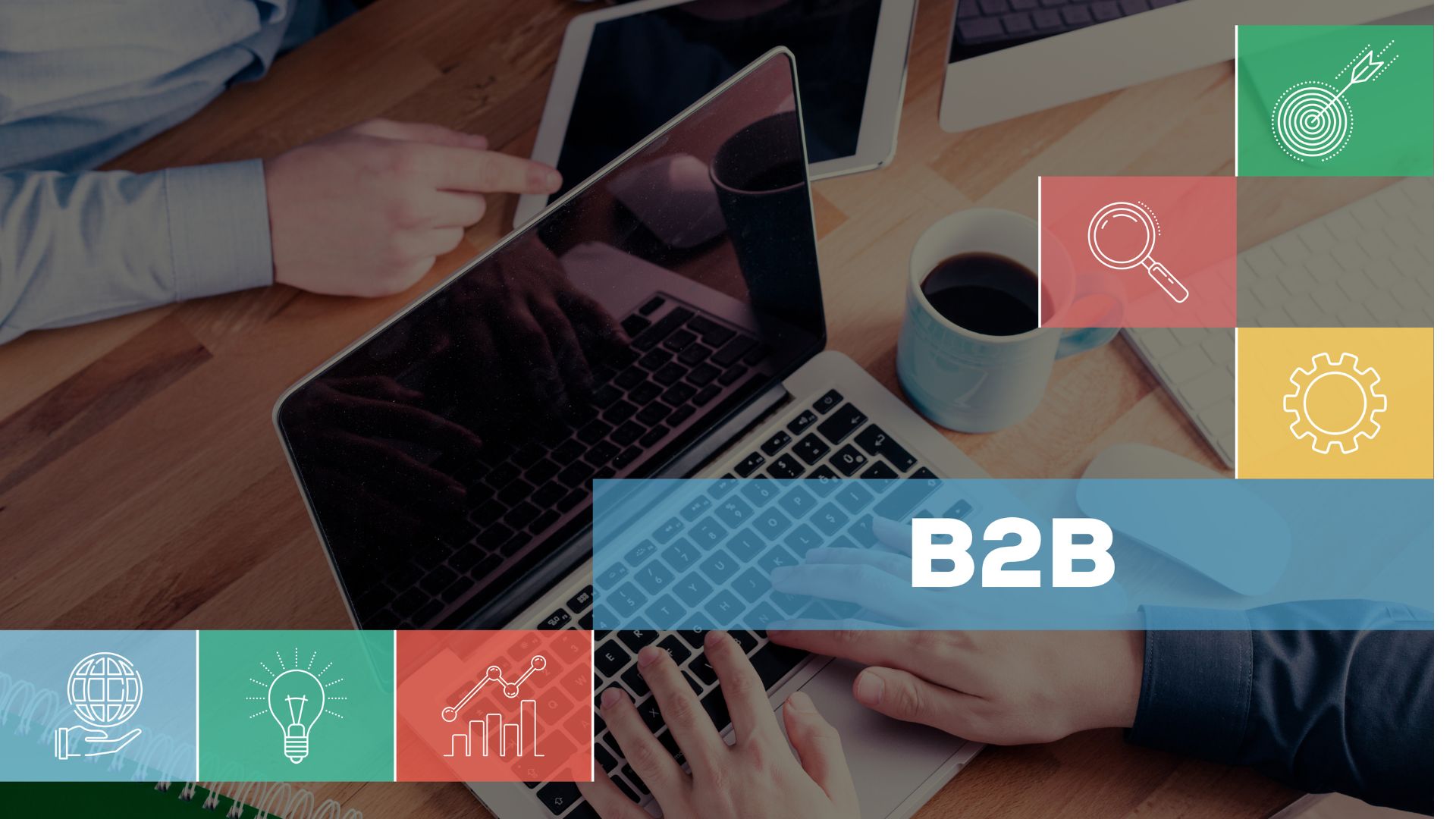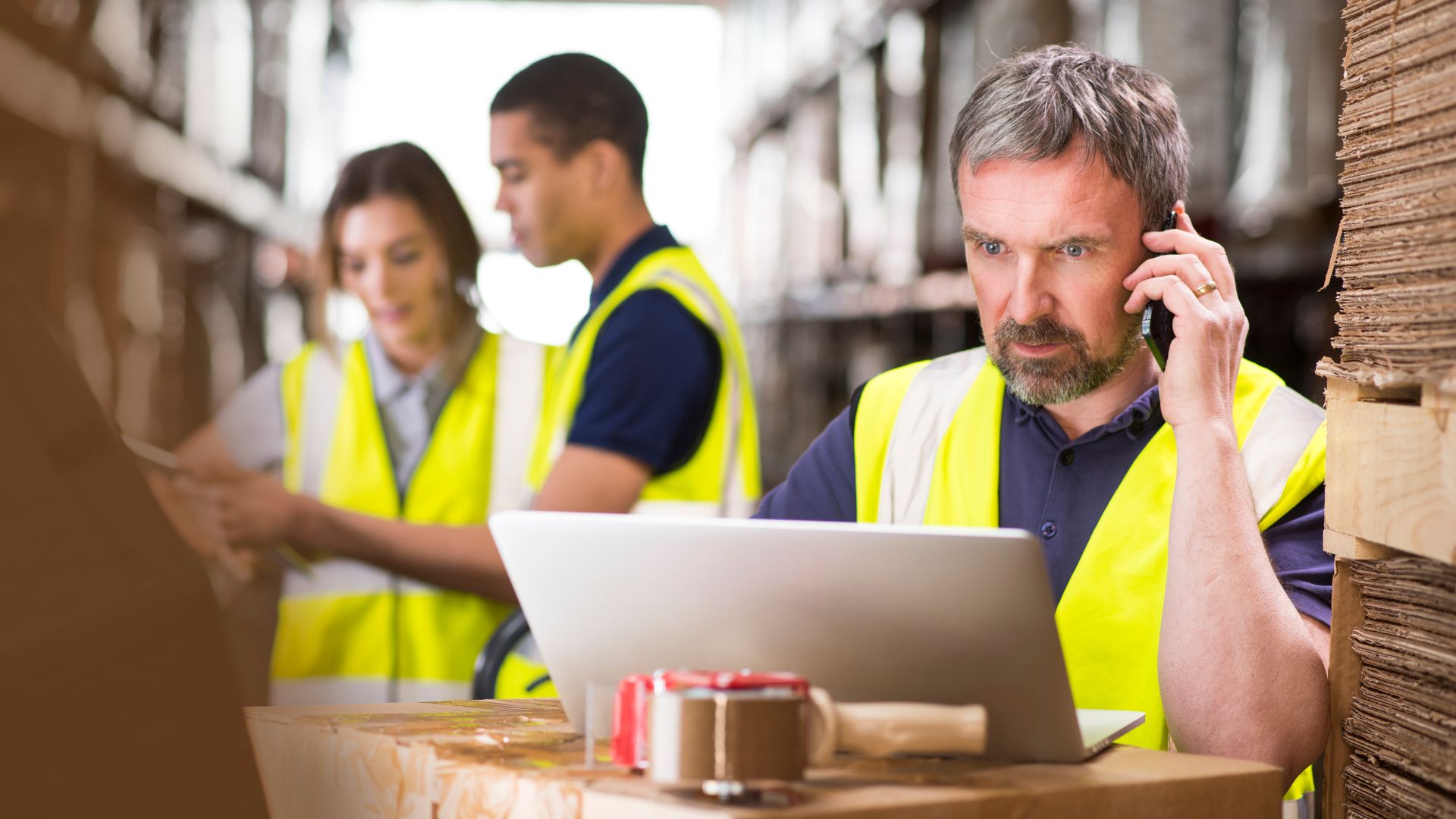The first fully automated restaurant with artificial intelligence is already operating at Josep Tarradellas Barcelona-El Prat Airport. It is called SELF and is operated by the Areas group. This location combines robotics, AI and computer vision to manage orders, prepare products and serve customers without direct human intervention.
This implementation marks a before and after in the restaurant sector. This is not a pilot test, but a real commercial operation. And it’s underway in one of the most demanding locations: an international airport.
How AI works at SELF
The SELF restaurant is designed to offer prepared food, drink and snacks without human contact. The customer chooses from a touch screen or via QR code. An AI-powered robotic arm then selects the product, places it on a tray, and delivers it to the consumer. The whole process takes just a few minutes.
Thanks to machine vision and automation software, the system can handle up to six simultaneous orders. In addition, it optimizes waiting time, avoiding bottlenecks. It doesn’t just serve food: it also detects inventory levels and anticipates replenishment needs. The showcases are never empty, there is never a shortage of best-selling products.
Technology at the service
This restaurant combines technologies from several specialized vendors: KUKA robotics, software solutions from IJR Robotics, and digital menu and payment systems developed by ICG and AEV. Everything is orchestrated to deliver a seamless and fully automated experience.
Unlike other fast food or vending models, SELF allows you to customize orders, displays the product in smart display cases and operates with superior energy efficiency. LED lighting, recyclable packaging and consumption control are integrated into your daily operations.
New service models
The SELF case highlights a transformation in the way we understand customer service. Automation in catering not only means speed, but also a different experience. Direct access to the product, the absence of queues and 24/7 availability change the usual dynamics.
This type of proposal also opens the debate on the design of public spaces, the management of flows of people and the relationship with technology in everyday situations. SELF is a concrete example of these changes, applied to a real environment.
What you can learn from this case
The SELF restaurant is a clear demonstration that technology applied correctly can solve very specific needs. From order management to inventory control, through efficiency in delivery and user experience.
For those who work in hospitality, retail or logistics, this example invites us to rethink processes: what repetitive tasks could be automated? How much time could be freed up if care or delivery systems are optimized?
Barcelona as a digital ecosystem
Barcelona is making a strong commitment to digital transformation. With plans such as “Barcelona Fácil” or Barcelona Activa’s digitalisation programmes, the city is encouraging the adoption of technology in public and private sectors.
The case of SELF at the airport connects with this urban logic: tangible projects, applied in real contexts, which serve as a model for new initiatives. This is not an isolated idea, but a concrete example within an evolving ecosystem.
The time to observe, ask questions and decide
Cases like SELF’s invite reflection. Not only because of their technological sophistication, but because of the way they redefine the relationship between operation and experience. Automating is no longer a promise for the future: it is a viable option, in operation, and within reach of more sectors than we imagine.
The challenge is to observe carefully, identify the learnings that can be transferred to other environments and ask yourself: what part of my business could evolve with a solution like this?




